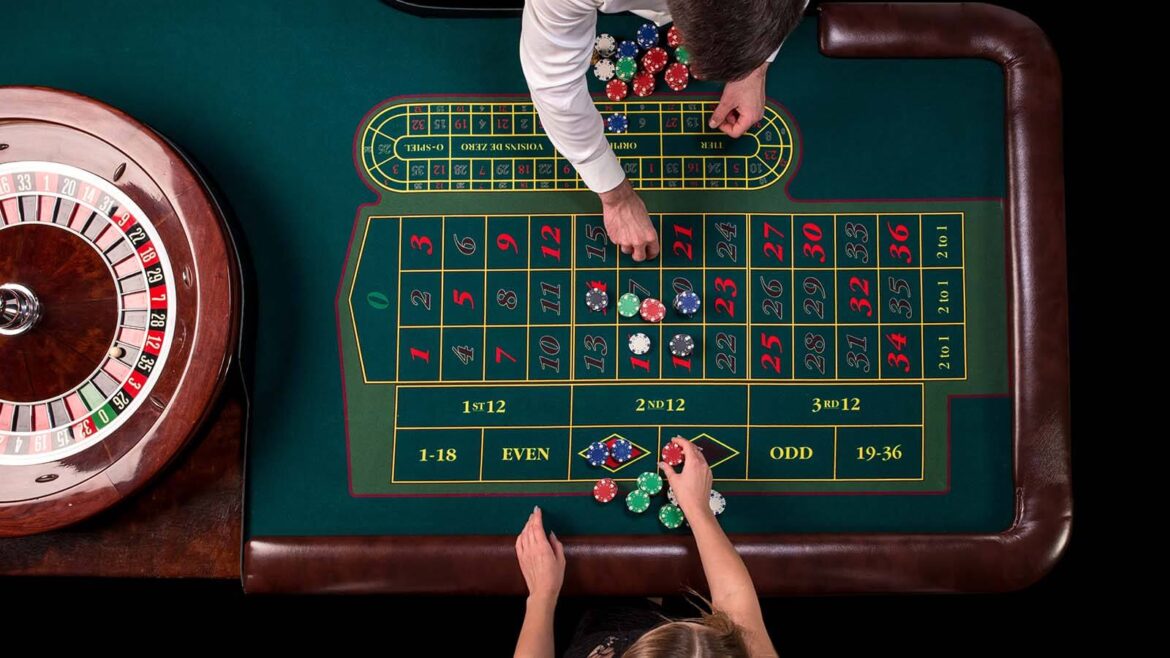Few activities in the casino are as exhilarating, glamorous, or engaging as the spin of the roulette wheel. Whether you’re a seasoned pro or a novice, understanding the game’s complexities can enhance your experience tremendously. However, the world of roulette is rife with legends, myths, and so-called sure-fire systems promising guaranteed success. This article sets out to decode these misconceptions while unveiling strategies that could bolster your understanding of this age-old game.
Understanding the Basics of Roulette
Roulette, with its iconic spinning wheel and red and black squares, is the quintessence of a game of chance. Originating in 18th-century France, the game fundamentally revolves around a ball spun onto a wheel with numbered compartments. The anticipation hinges on predicting the compartment where the ball will rest after the spin. Variations exist between American and European versions, mainly the former containing an extra “00” square. If you want to play roulette online, understanding these simple rules is the first stride toward unraveling roulette’s intricate fabric.
Common Myths about Roulette Systems
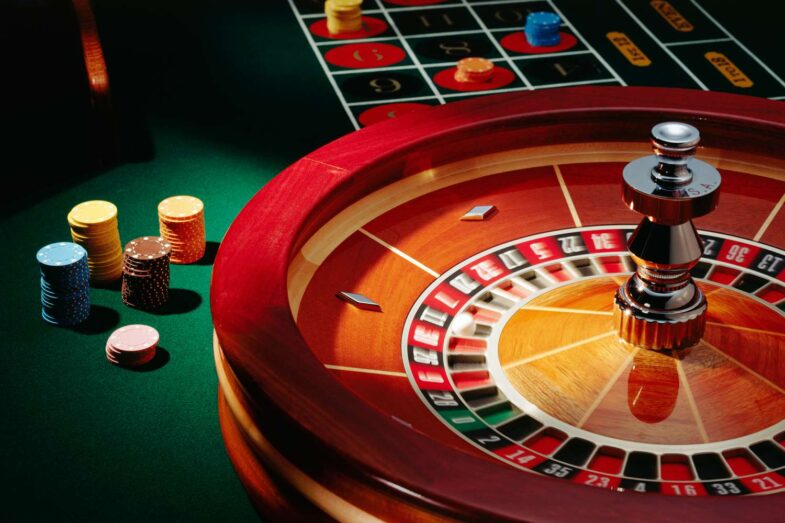
Source: liveabout.com
Before we dissect specific systems, it’s crucial to understand what a roulette system is. Essentially, it’s a strategy or method designed to structure your betting patterns. Many systems claim to provide a way to beat the house consistently, but does the math back them up? An analytical investigation often uncovers a different story, revealing the reality beneath the glamorous veneer of these well-known strategies.
Roulette myths permeate the casino world, thriving on the fallacy that past spins influence future ones. This belief, known as the Gambler’s Fallacy, underpins many systems and leads countless players astray. Remember, each spin of the wheel is a unique event. Once you dismiss the myths, you can engage more realistically with the game, focusing on understanding the probabilities rather than chasing illusions.
Myth 1: The Martingale System
One of the most renowned roulette systems, the Martingale System, rests on a simple premise: after losing a bet, you double your wager on the next round. The theory suggests that you’ll eventually win, recouping all your losses plus a small profit. On paper, it seems foolproof, doesn’t it?
Unfortunately, reality paints a different picture. The Martingale System overlooks two vital aspects: betting limits and bankroll. Casinos impose upper limits on bets, meaning you can’t infinitely double your wagers. Simultaneously, unless your pockets are bottomless, a losing streak could drain your funds before you hit a winning spin.
Myth 2: The Fibonacci System
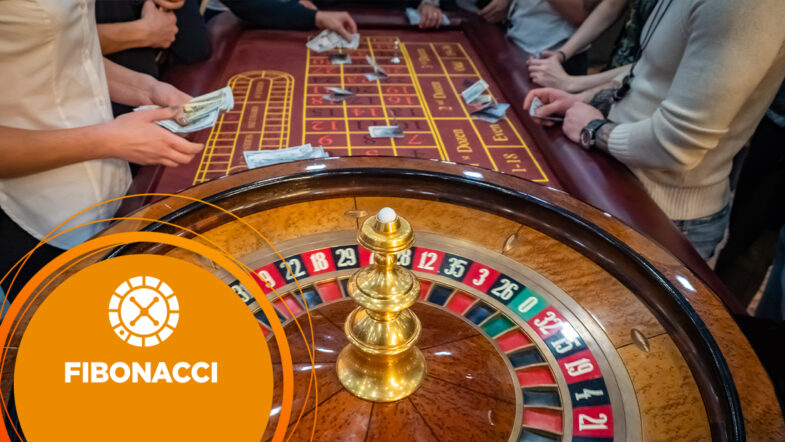
Source: youtube.com
Rooted in the renowned Fibonacci sequence—where each number is the sum of the two preceding ones—this system requires you to follow the sequence with your bets. If you lose, you move one number forward in the sequence. Win, and you move two numbers back. The theory suggests this method will eventually recoup your losses.
Despite its mathematical charm, the Fibonacci system is no more effective than the Martingale. Both rely on the idea that a win is imminent after a string of losses, which is a faulty premise. For one, the wheel has no memory. Plus, the Fibonacci system requires a sizeable bankroll to withstand losing streaks, making it a potentially costly endeavor.
Myth 3: The D’Alembert System
The D’Alembert system proposes a more conservative approach, suggesting you increase your bet by one unit after a loss and decrease it by one unit after a win. The rationale is that you’ll eventually strike a balance between wins and losses.
This system suffers from the same fundamental flaw as the previous two: it operates under the Gambler’s Fallacy. It wrongly assumes that after a run of losses, a win is due. The roulette wheel, indifferent to the past, spins with equal probability each time. The D’Alembert system might slow the pace of losses, but it doesn’t negate the house edge.
Examining Valid Approaches to Roulette Systems
The myths have been debunked, but it’s not all doom and gloom. Let’s pivot to the brighter side and examine some methodologies that can bring a bit more structure and fun to your game. These approaches may not guarantee consistent wins, but they offer a different way to engage with the game, emphasizing enjoyment over an elusive jackpot.
Valid Approach 1: The James Bond Strategy
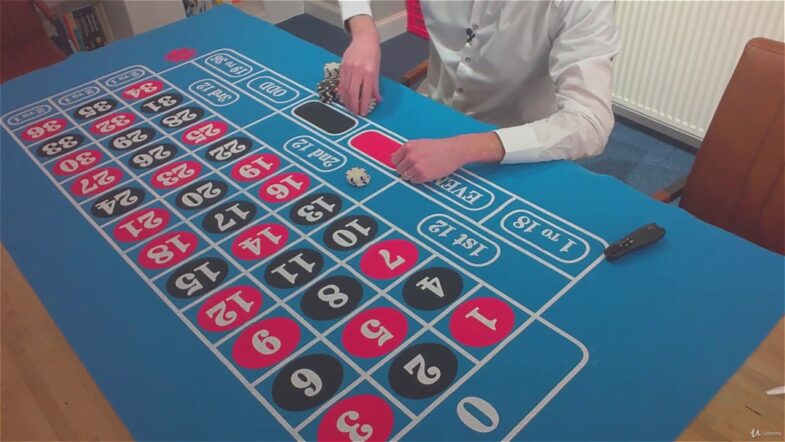
Source: youtube.com
Who better to turn to for a roulette strategy than the suave and sophisticated super-spy himself? In the James Bond system, you distribute your bets to cover a significant portion of the wheel, hoping to increase your chances of a win. Remember, this system doesn’t eliminate the house edge, but it can add an element of strategy to your game.
The James Bond strategy is straightforward: You place specific bets designed to cover more than half the options on the wheel. If the ball lands on your covered numbers, you’ll win. However, if it lands elsewhere, you lose. It’s a high-risk, high-reward approach that can add some excitement to your game while emphasizing money management and self-discipline.
Valid Approach 2: The Pivot System
Based on the law of the third—a theory that some numbers will repeat within a sequence of spins—the Pivot System focuses on tracking results to identify a repeating number or a ‘pivot.’ Once identified, you place your bets on this number for the next 36 spins or until it hits again.
While this method might seem rooted in the idea that past spins influence future outcomes, it’s more about observing patterns and betting accordingly. The critical takeaway with the Pivot System is that it’s not foolproof; it’s simply another way to engage with the game. It brings structure to your betting and can make the experience more enjoyable, but the element of chance remains at the core of each spin.
Valid Approach 3: The Biased Wheel Strategy
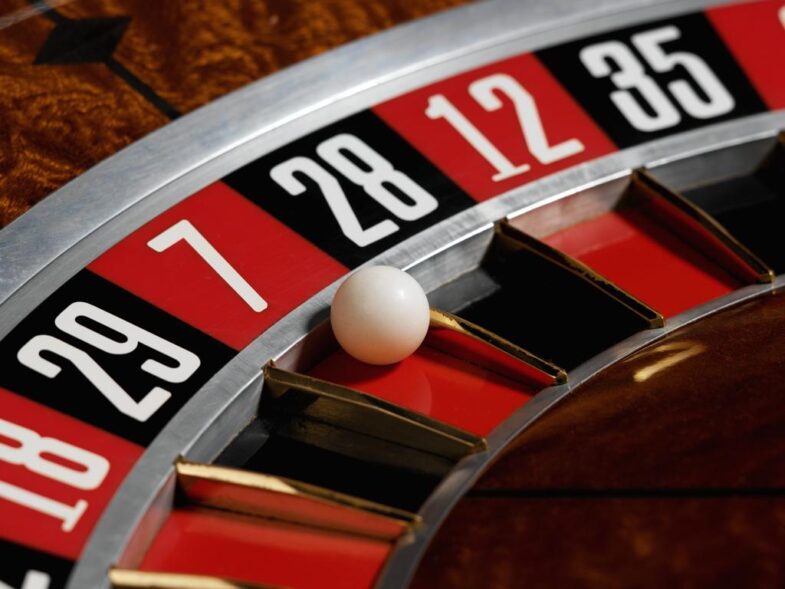
Source: pinterest.com
The Biased Wheel strategy depends on identifying physical imperfections or biases in a specific roulette wheel that might influence the ball’s landing spot. In theory, this system could provide an edge if such biases exist and are significant enough to skew the probabilities in your favor.
Modern technology has led to highly precise roulette wheels, making significant biases rare. Furthermore, extensive observation and data recording are needed to verify a wheel bias, which may not be practical or permitted in many casinos. This strategy highlights that roulette is fundamentally a game of chance, but knowledge, observation, and strategy can play a part in shaping your betting decisions.
Final Thoughts
Roulette is an engaging game of chance that has captivated gamblers for centuries. While numerous systems and myths propose ways to beat the game, a closer look reveals that they often fall short. Instead of chasing sure-win systems, focusing on understanding the game’s probability and enjoying the process can provide a more rewarding experience.
